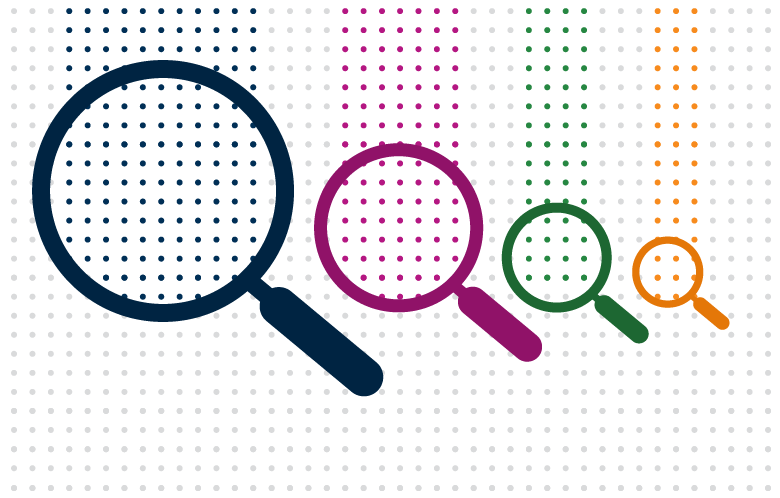Atla Product Specialist Cristina Ochoa recently sat down with Atla Director of Business Development Margot Lyon to discuss how the company has worked to support alumni, clergy, and other unaffiliated scholars with their continuing research pursuits in religion and theology.
CO: You’ve been at Atla for more than 16 years as Director of Business Development. Can you tell me about the origins of the alumni program and how it was developed?
ML: When I first joined Atla in 2004, we realized there was a need in the marketplace for alumni tools. We initially heard many stories from our members that clergy, unlike professionals in medical and legal professions, for example, may not have the resources to continue purchasing the same research tools that they used when they were in seminary. In 2007, we approached our longtime supporter, Lilly Endowment Inc. and received a $1.2 million dollar grant to support alumni access and content development.
The main goals of the grant were to provide an important resource (full-text collections) that each seminary or school could provide to its graduates, giving them access to the same resources they depended upon while in school. We felt that geographic distance and/or isolation from the school should not be a barrier to clergy having access to this rich resource.
The grant also enabled clergy in the smallest communities of worship to have the same access to theological literature as clergy at the most prestigious and prosperous places.
Additionally, the grant supported the continued diversity of opinion and theological outlook in content that Atla provided. Since many of the participating journals in Atla research tools are published by seminaries or societies as a labor of love, they often are economically fragile and vulnerable to large commercial enterprises.
CO: The Lilly Endowment grant seems robust. How long was funding to member schools offered?
ML: The initial Lilly Endowment grant funded was then called “ATLAS for ALUM,” which supported subscriptions for Atla member schools from 2007-2011. After the grant funding was over, about 85 percent of the schools continued on and funded their own alumni subscriptions. Today more than 133 schools offer Atla Alum tools. While the most popular offerings are for the full-text collections, AtlaSerials® (Atlas®) for Alum and AtlaSerials PLUS® (Atlas PLUS®) for Alum, some sites also offer Atla Religion Database® (Atla RDB®) for Alum.
CO: You mentioned that the grant supported access to Atla for Alum research tools, as well as content development. Can you expand upon that initiative?
ML: Of course. The funding also supported securing licenses for historically significant, ceased titles, also known as ceased journals. Many ceased journals were seminal publications in their time, often with devoted readerships in communities that no longer exist in the same form. Many also stopped printing before digital archiving, relegating them to hard-to-locate special archives or personal collections. Atla’s in-house team of subject matter experts continues to be committed to seeking out these historically significant publications, assisting in their preservation, and ensuring their scholarly significance persists. Examples of these ceased journals include Christianity and Crisis: A Christian Journal of Opinion, Sisters Today, and The Shaker Quarterly.
CO: Looking back on the progress made, what would you say are some of the success stories of the program?
ML: To me, I’m proud of this program and, broadly speaking, its relationship to Atla’s mission of fostering the study of religion and theology.
It's compelling to hear from our members that this program helps build bridges from libraries to alumni relations and development offices at our member institutions, as they seek ways to promote and collaborate on the offerings.
It’s also rewarding to hear stories of how alumni access has helped clergy and chaplains in the field. For example, one alum once told us a compelling story of how they were a hospital chaplain and used Atlas to look up basic information on the Baha’i faith before they went into a patient’s room. The information they were able to find in Atlas helped them familiarize themselves with a faith tradition beyond their own.
Finally, Atla sees this program as a way of serving independent scholars who may not have access to our tools via an institutional affiliation. As one initiative, in April of last year in the midst of the pandemic, we worked with the Society of Biblical Literature (SBL) to heavily promote the resource. In the months after the promotion, we saw an increase in usage of the alum resources.
Learn More
Not a subscriber? Atla Alum tools are available on EBSCOhost® or EBSCO Discovery Service™. Learn more about free trials of Atla databases
Already a subscriber and want to make sure your students know? Update your alum listing on Atla’s website.
